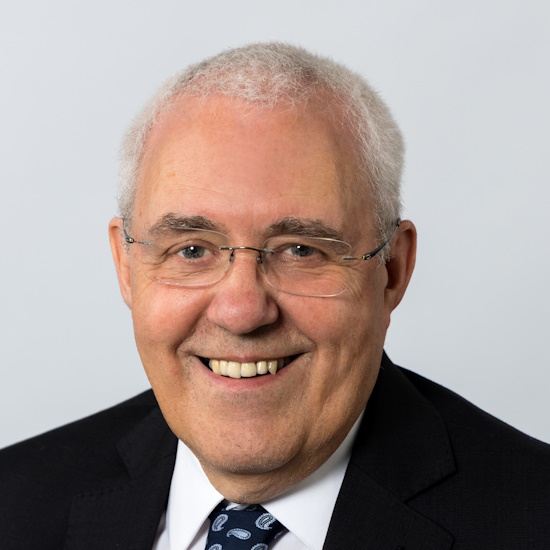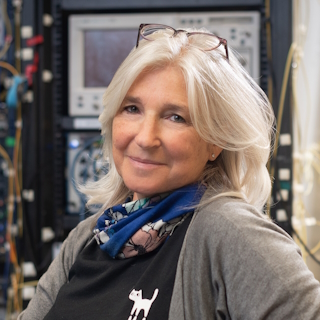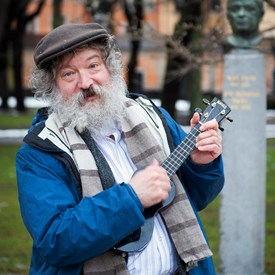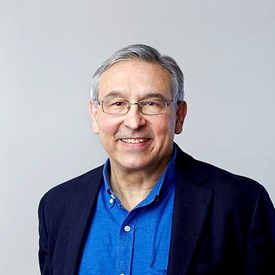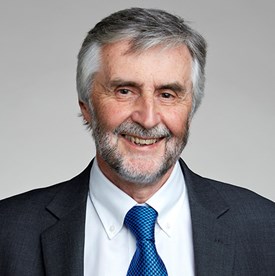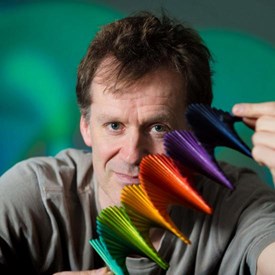The award
The Rumford Medal is awarded for outstanding contributions in the field of physics. The award was established following a donation by Benjamin Thompson FRS (PDF), Count Rumford of the Holy Roman Empire, an American-born former soldier, spy, statesman and scientist who would go on to found the Royal Institution. The first award was made in 1800. The medal is of silver gilt, is awarded annually and is accompanied by a gift of £2,000.
Eligibility
The Rumford medal is open to UK/Commonwealth/Republic of Ireland citizens or those who have been residents for three or more years. There are no restrictions on career stage and nominations will remain valid and shall be considered by the award selection committee throughout three nomination cycles. Teams or groups may now be nominated for this award.
Nominations are closed
Nominations are closed and will reopen in December 2025.

